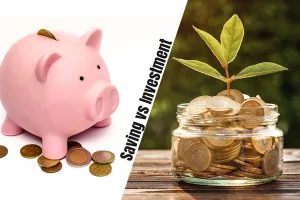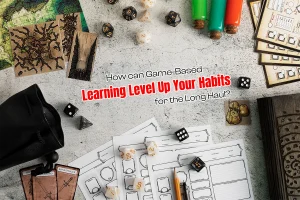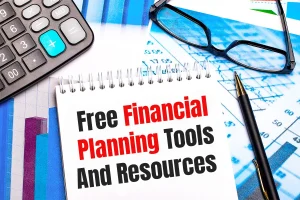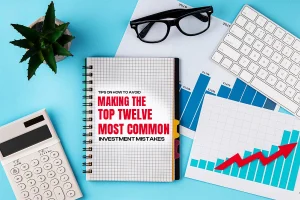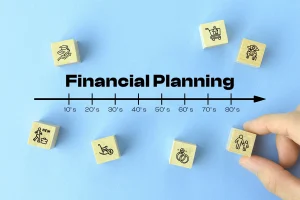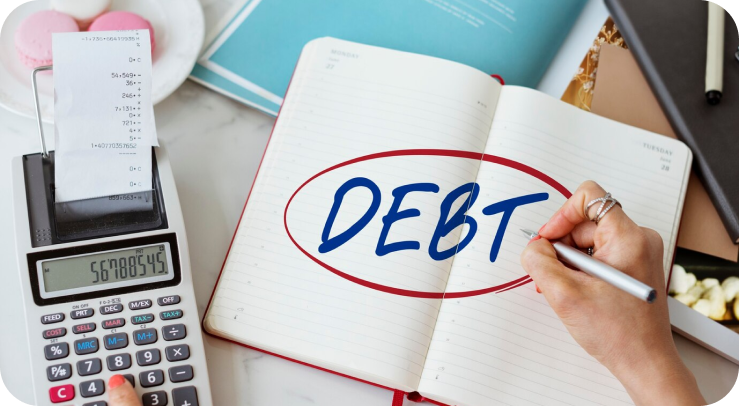
- Finance
- March 5, 2024
Understanding Debt: Your Guide to Smart Financial Choices
Imagine this: you see an ad offering you ₹1,000 instantly with just a click. Sounds great, right? But then, you notice the fine print mentioning the interest rate. Instead of something sky-high like 1300%, let’s talk about more common rates, say 15%. While not as shocking, it’s still important to understand what this means for you.
What is Debt, anyway?
Simply put, debt is money you owe. Whether it’s ₹10 you borrowed from a buddy for a snack or a larger sum from a bank for something big like a house, it’s all considered debt. While debt can help you afford things you need, like a home, it’s also something you need to handle carefully to avoid financial trouble.
Why Should You Care About Debt?
Not repaying debt can lead to big problems. If you don’t pay back a loan, you could end up losing valuable things like your home. Plus, having a lot of debt can make it harder for you to borrow money in the future, like for buying a house or even renting a place to live. In bad situations, you might need to declare bankruptcy, which can make it tough to get certain jobs.
How to Borrow Smart?
The best way to stay out of debt trouble is to spend less than you earn. This way, you can pay off your bills in full and not owe anyone anything. But sometimes, you might need to borrow money for big purchases or emergencies. Here’s how to do it smartly:
- Shop Around: Look at different ways to borrow money and compare their interest rates. Lower rates mean the loan will cost you less overtime.
- Understand the Terms: Know if your interest rate can change and how long you must pay back the loan. Shorter loan terms usually mean you’ll pay less interest.
- Read the Fine Print: Watch out for extra fees, like charges for late payments or paying off your loan early.
Dealing with Debt
If you already have debt, don’t worry! The first step is to list all your debts and figure out which ones you should pay off first, like those with the highest interest rates. Then, make a budget to help you find money to pay down your debts. Sometimes, you might need to get creative, like using a loan with a lower interest rate to pay off other debts.
When Debt Gets Overwhelming?
If you’re struggling to make payments, investigate options like moving your debt to a lower-interest loan or getting advice from a debt counselling service. They can help you find the best way to manage your debt and get back on track.
Key Takeaways for Everyone:
- Debt means you owe money, and it’s important to pay it back to avoid problems.
- Be smart about borrowing: compare interest rates and understand loan terms.
- Plan to deal with your debts, prioritising the most expensive ones.
- If you’re having trouble, there are ways to get help and make things more manageable.
- Remember, dealing with debt is all about making informed choices and managing your money wisely. With the right approach, you can handle debt confidently and work towards a financially secure future.
RELATED POSTS
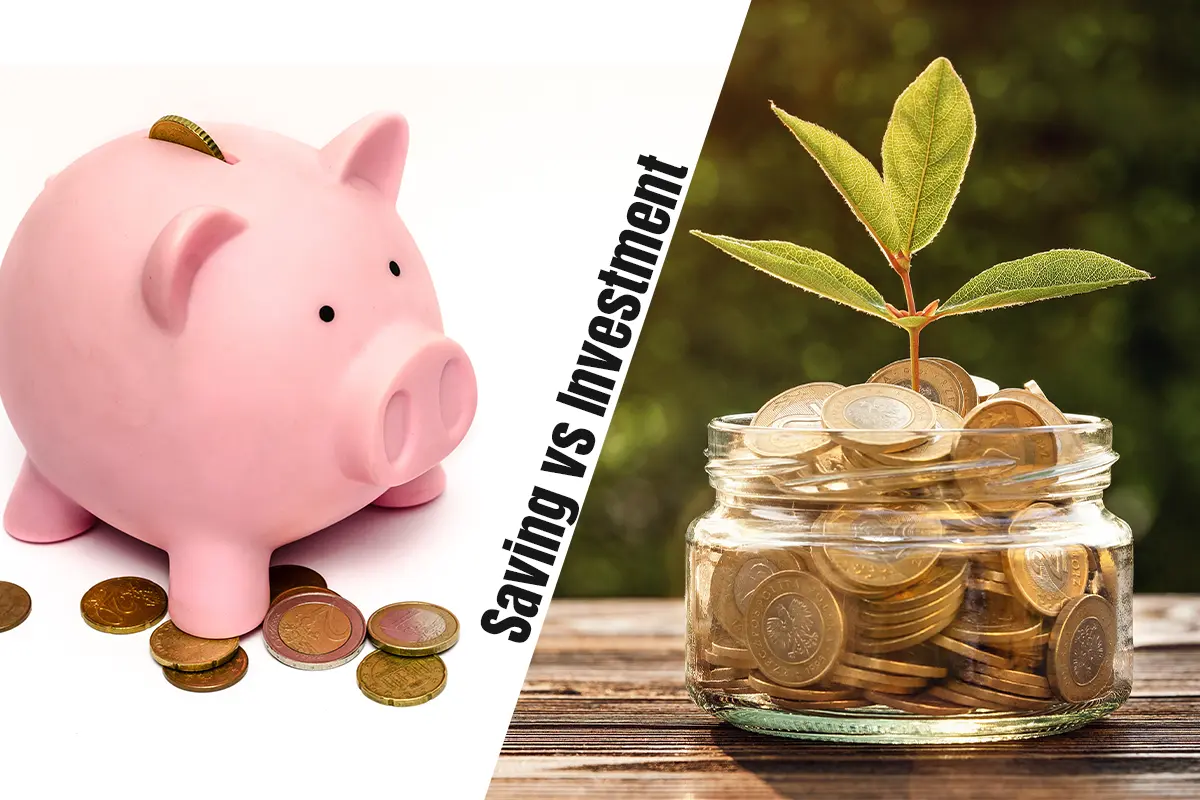
- Finance
- September 30, 2024

- Finance
- September 26, 2024

- Finance
- September 23, 2024

